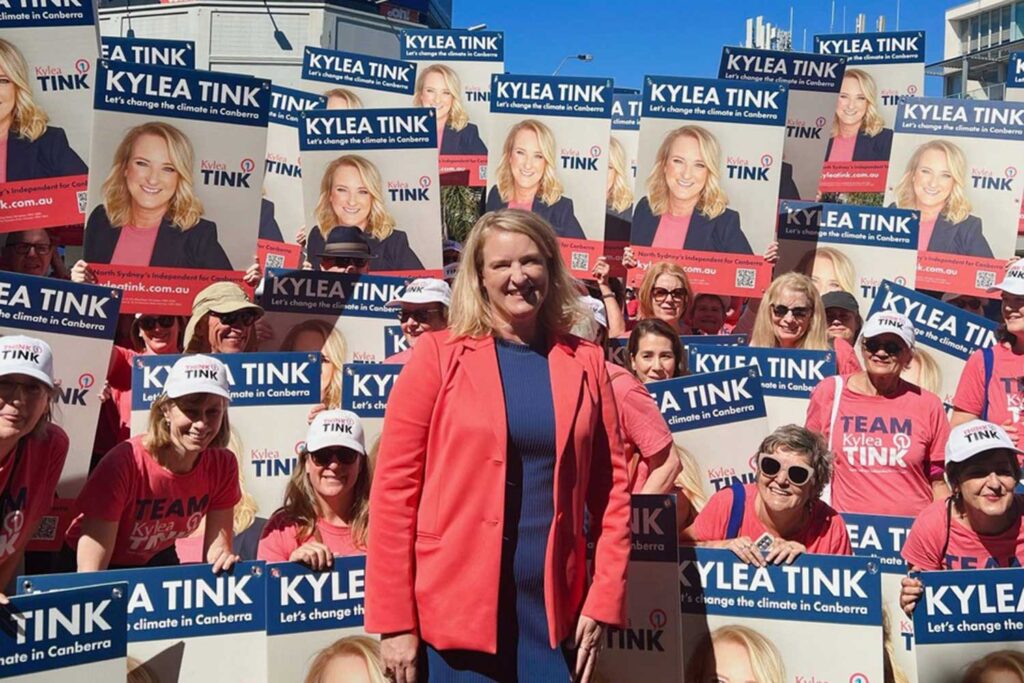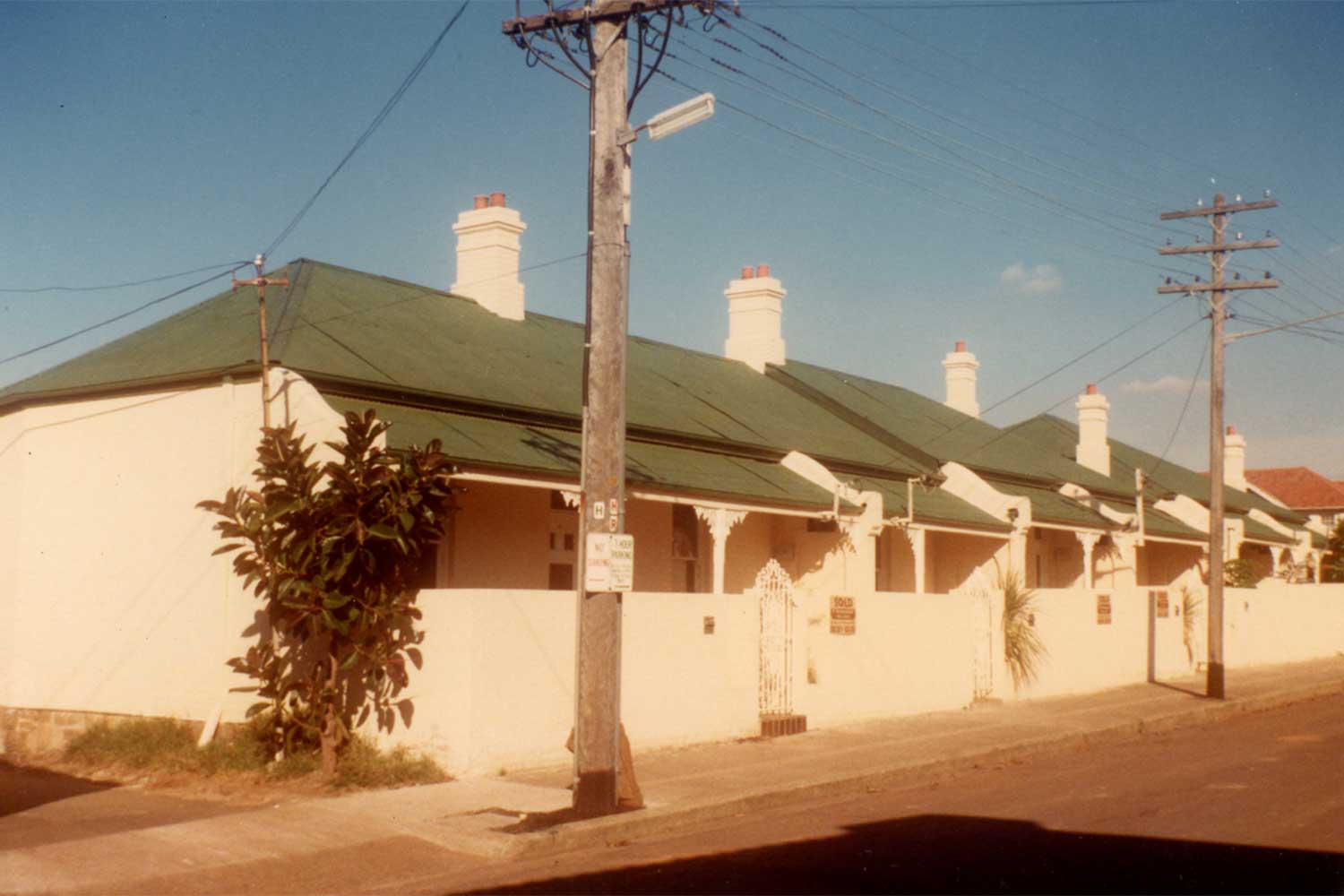First time voter? Confused about council elections? Read Mosman Collective’s handy guide!

Confused about voting in the Council elections? We can help!
By ANNA USHER
Every four years in September, local residents over the age of 18 head to their closest polling booth to vote for who will represent them at the local council. Here is some helpful info on how to prepare.
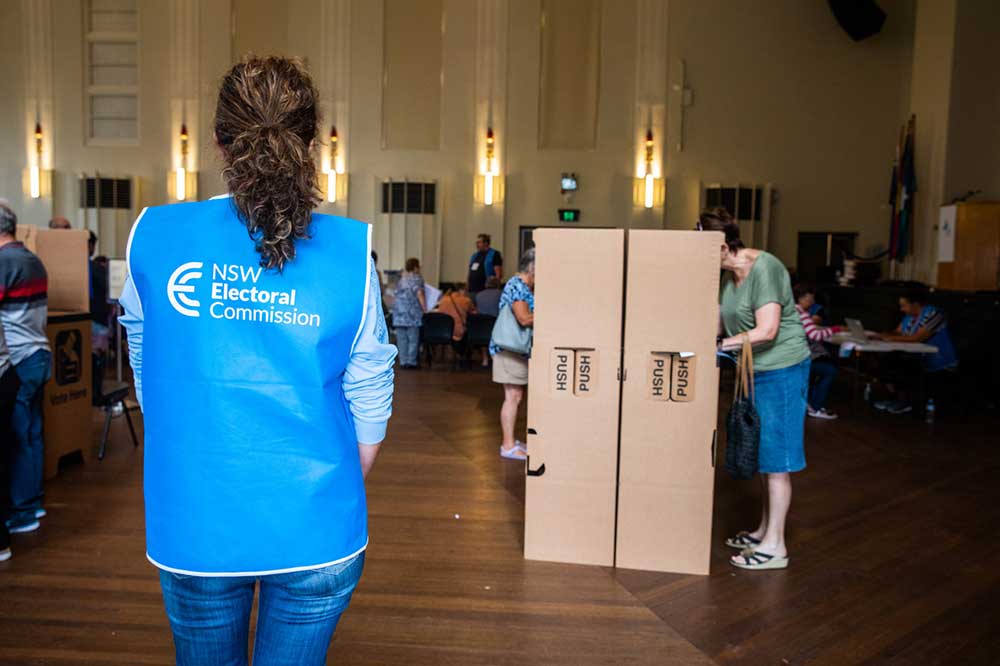
People over the age of 18 will head to the polls this Saturday to choose new Councillors and a Mayor in Mosman LGA.
What are local government elections?
Local government elections (local council) are held in NSW every four years on the second Saturday in September.
Like state and federal elections, the purpose is to choose a representative for local council.
Councils make decisions that reflect local communities and their values, and oversee services that impact residents on a day-to-day level.
They have jurisdiction over areas like development, public spaces like parks and libraries, rates, animals, sewage, and resource allocation, according to the state Office of Local Government.
About 125 councils are heading into the 2024 elections, with an estimated 1240 councillors to be elected.
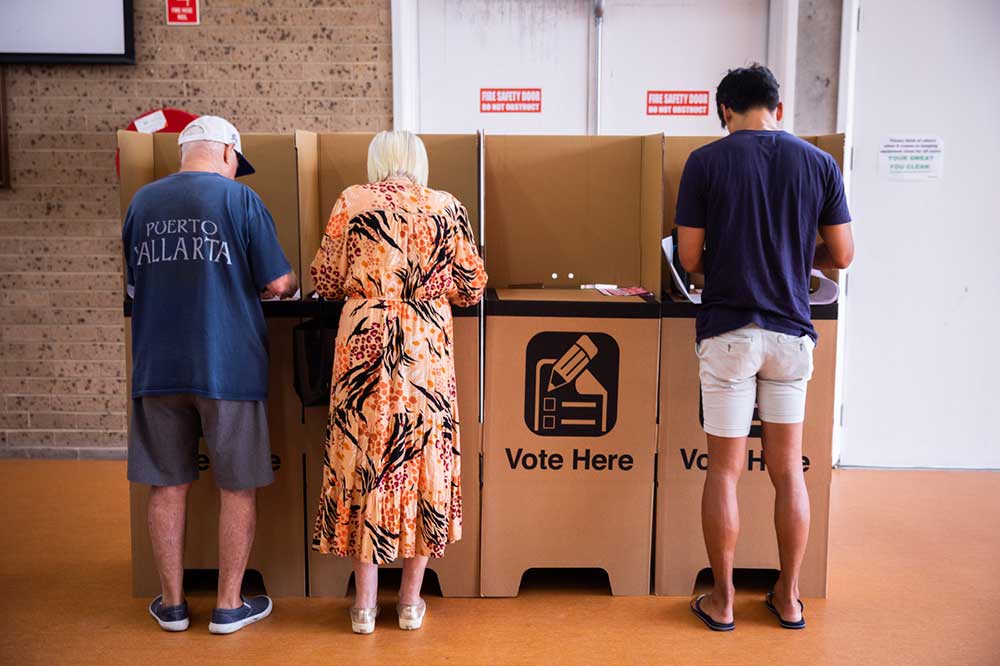
Once elected, councillors will serve a four-year term with the number of councillors varying from council to council.
There are two types of local government areas: divided and undivided.
An undivided council is one with no wards and all councillors are elected by all the voters within the LGA, such as Mosman.
A divided council is one that splits up the LGA into wards, like North Sydney, which has Cammeraygal and St Leonards divisions.
Once elected, councillors will serve a four-year term with the number of councillors varying from council to council.
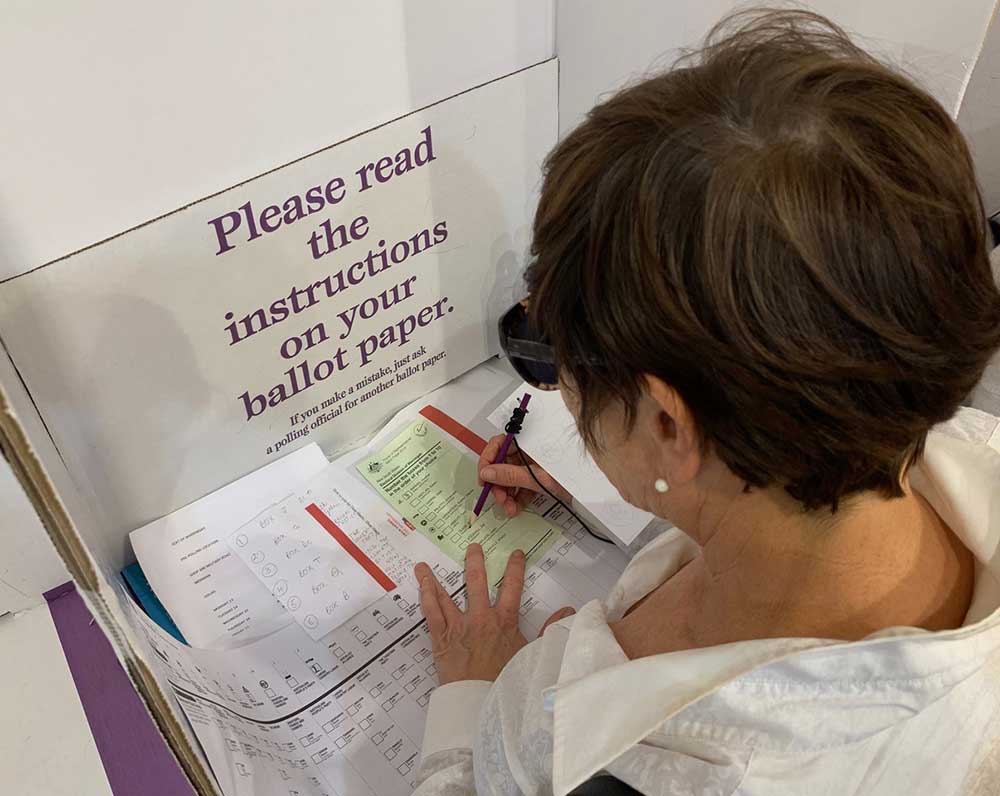
The penalty for not voting is $55.
Get The Latest News!
Don’t miss our top stories delivered FREE each Friday.
How will the new Mosman mayor be elected in 2024?
In Mosman, unlike North Sydney, it is the voters who choose a Mayor.
In Saturday’s mayoral election, residents decide who will serve the area in that role for a four-year term. The new mayor will be an addition to the council and cannot be elected as a councillor.
How do the councillors get elected?
Under the Local Government (General) Regulation 2021, a candidate must receive more than 50 percent of the vote to be elected.
If that is not received on first preferences, the candidate with the fewest votes is excluded from the count, and the excluded candidate’s votes are redistributed to the remaining candidates according to the preferences shown on the ballot paper.
The process is repeated until the right number of candidates are left.
A detailed explanation of how votes are counted can be found here.
What is the fine for not voting?
If the state electoral commission determines you didn’t vote without a valid reason, you can expect a fine in the mail.
This formal notice will be sent out within three months of election day.
The penalty for not voting is $55.
If ignored, a follow-up notice is sent after 28 days, before the matter is referred to Revenue NSW — which incurs an additional $65 fee.
Notices can be disputed in court, but if a person is found to have failed to vote, the court may drop an extra $110 penalty – plus court costs.
GOT A NEWS TIP? GET IN TOUCH!
Email: [email protected]
Get The Latest News!
Don’t miss our top stories delivered FREE each Friday.



